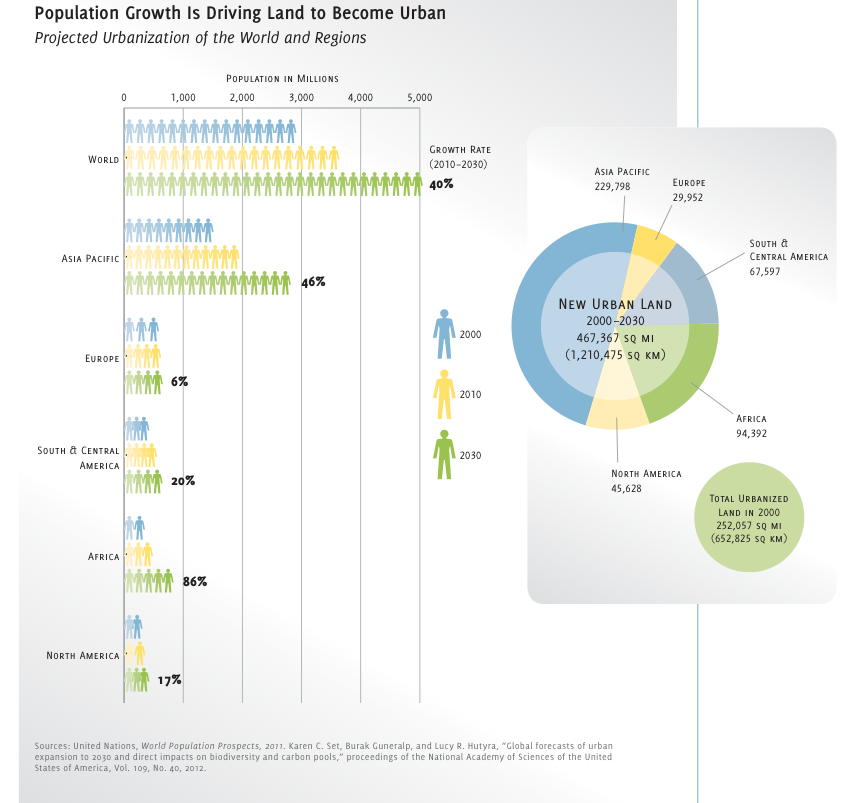URBAN LAND INSTITUTE
Introduction
In 2013, the slowly recovering global economy influences widely differing approaches to setting infrastructure agendas, as nations work to gain competitive footholds amid ongoing financial distress, political unease, and the challenges of climate change.
Across the globe, infrastructure is the life-blood of prosperity and economic confidence in the 21st century. Well-planned and well-executed investments offer developing economies the hope of basic facilities for all and a chance to compete in a global marketplace. In developed economies, superior and well-maintained infrastructure attracts the best talent as well as dynamic businesses seeking reliable connectivity and a high quality of life for workers.
Infrastructure—the structure or underlying foundation on which the continued growth of a community depends—is critical for countries in all stages of development. But adverse economic and political conditions can make effective investment in infrastructure difficult to achieve, and affect how efficient countries are in realizing anticipated benefits.
Emerging-market players are looking to remove transport bottlenecks and upgrade inadequate systems for water and power, which can stunt growth ambitions. At the same time, many mature countries—particularly the United States and those in Europe—are grappling with how to repair or refashion once-advanced, but now increasingly outmoded, infrastructure in the face of limited funding capacity. New technologies and urban planning strategies may yield improved returns on infrastructure investment in developed markets, as countries forgo rebuilding in-kind for transformational changes.
Some governments are reluctantly paring back 21st-century modernizing schemes—they must deleverage or reorder their fiscal affairs before they can launch into backlogs of wish- list projects. Fiscal constraints may force a focus on investing in the highest-priority needs.
Other countries in better financial condition realize they just cannot pay for everything they need to do and execute strategies in incremental steps. Only China keeps on building—seemingly without limits—but with growing questions regarding potentially suboptimal project selection, quality control, and long-term sustainability.
Governments around the world are increasingly turning to public/private partnership (PPP) and public concession models to help build and finance infrastructure initiatives. Large sovereign wealth funds and institutional investors are tentatively warming to the potential for reliable returns from infrastructure that exceed current bond performance and offer inflation-hedging potential.
But infrastructure investors still worry about the reliability of government partners, deal structures, and the long-term viability of some investments, as evidenced by recent experience with toll roads in Spain and the United Kingdom’s reassessment of its PPP programs and policies. In the end, PPPs and related approaches are financing tools—taxpayers and users must still pay the costs.
Download full report (PDF): Infrastructure 2013: Global Priorities, Global Insights
About the Urban Land Institute (ULI)
www.uli.org
“ULI, the Urban Land Institute, is a 501(c) (3) nonprofit research and education organization supported by its members. Founded in 1936, we now have members worldwide, representing the entire spectrum of land use and real estate development disciplines working in private enterprise and public service.”







 RSS Feed
RSS Feed